The Unity of Consciousness: What Science and Christianity Reveal About the Self
Consciousness is one of the most profound mysteries of both science and philosophy. Even in the biological scope of neural pathways and cognitive functions, explaining how these components merge into what we call “self” is still elusive. While science has made leaps in identifying the biological parts that contribute to our individuality, it struggles with the deeper question: how do all these parts come together to make us feel like a singular, unified entity? It’s a topic that has significant spiritual and philosophical implications, especially for those of us who view life from both a scientific and Christian perspective.
The Mystery of Self: Science and Consciousness
In the world of neuroscience, the question over the unity of the self surfaces often. We know that our brain is composed of neurons constantly sending signals, that every single molecule in our body is replaced over time, and that different sensory processes function independently—yet, we experience a coherent sense of self. This unity of experience puzzles many scientists, raising questions: Is unity an illusion created by the brain? Or does it reveal something far more fundamental about the human experience, perhaps something that transcends biology?
For instance, consider the biological transduction process, the way data from neurons, cells, and all other biological inputs are seamlessly transformed into conscious experience. Some argue this is purely material, a process we will one day explain entirely through science. However, others, including myself, find in this mystery something beyond the material: evidence of a deeper spiritual reality. If we see our minds as intricate biological systems, we might point to their observable parts as explaining the whole. But if, in a moment of stillness, we reflect on our unity and personal identity, we can’t help but realize that no scientific answer fully grasps how “I” remain fundamentally one entity despite the disunity of biological components.
Christianity and the Spiritual Dimension of Self
Stepping beyond the biological perspective, Christianity teaches that we are more than just physical beings; we are created in the image of God (Genesis 1:27) and imbued with a soul and spirit. This concept is deeply resonant with the feeling of unity that often remains unexplained in purely scientific terms.
I’ve contemplated this connection during my own spiritual journey. As I’ve mentioned before in my reflections on faith and science in previous articles, I have always seen my faith as intertwined with the complexity of human perception and consciousness. The ability to feel unified transcends biological understanding, suggesting that our sense of self may indeed point to a deeper reality, one where God’s presence and order give meaning to our experience of the world.
The “Binding Problem”: Science and Metaphysics Intertwined
In neuroscience, the “binding problem” refers to the process by which different aspects of sensory inputs—like sight, sound, touch, and emotion—are combined into one coherent experience. Scientifically, there’s still so much we don’t fully understand about how this happens. This echoes in religious discussions around the nature of the soul and spirit.
As Christians, we believe in the unity of mind, body, and spirit. Yes, our physical cells may change over time, but there is a continuity, a “living memory,” if you will, that progresses through life. This mystery, in my view, is a reflection of God’s sustaining power. The Bible says, “In Him all things hold together” (Colossians 1:17), which I interpret not only cosmologically but also on a deeply personal level: God sustains our very sense of self, our consciousness, and our unity as human beings.
Divergent Personalities and Unity of Consciousness
Another fascinating dimension is how science evaluates personalities, especially in cases where individuals appear to have more than one distinct personality (known as Dissociative Identity Disorder, or DID). This raises important questions about the nature of the self: Is the self truly indivisible, or can it split under certain circumstances? Here, science provides invaluable insights into human behavior, highlighting the interaction between biology and environment.
From a Christian perspective, this suggests that even in our most fractured states of mind, there remains a unifying force—a spiritual one. Many believe that, in moments where the self feels divided or fragmented, Christ offers healing and unity. “For you formed my inward parts; you knitted me together in my mother’s womb” (Psalm 139:13) speaks to a deep unity in our creation—a purpose, a design that goes beyond the chaos we might feel at times. In this brokenness, God offers us restoration and reconciliation, ensuring wholeness even when our biology falters.
Is Consciousness an Illusion or Reality?
Many philosophers and even some scientists argue that what we call consciousness might be an illusion caused by the brain’s attempt to integrate disparate sensory information into something that feels unified. However, as a Christian, I believe consciousness is more than a mere illusion. Yes, it may be tied to biological processes, but I don’t believe it stops there. If life were just neurons firing and cells turning over, we wouldn’t so consistently experience this profound sense of self and the deep mysteries of life.
The fact that everyone experiences their own consciousness suggests a higher-order reality. God gave each of us—including our sense of being—a specific purpose and identity, a spiritual essence beyond physical matter. The Bible states, “The spirit of man is the lamp of the LORD, searching all his innermost parts” (Proverbs 20:27), which reminds me that this coherent sense of self ultimately has its origin beyond the material.
Understanding the Self: A Blend of Science and Faith
Where does this leave us? For me, it’s a place of balance. Science can help explain many of the mechanisms by which we experience unity. It can reveal the intricacies of the brain, how we process memory, and even start to untangle abnormal states of consciousness. But it is faith that gives our experiences ultimate meaning. Even as we push the boundaries of what science can explain, we need the spiritual perspective to fully understand the image of God that has been imprinted upon us.
Our consciousness, our sense of unity, is a reflection of the deeper reality of our creation—one that both science and faith speak to in their unique ways. As discussed in previous blog posts, the tension between science and faith doesn’t have to be a dividing line, but rather a rich source of understanding, just as the principle of “good explanation” unites both domains of inquiry.
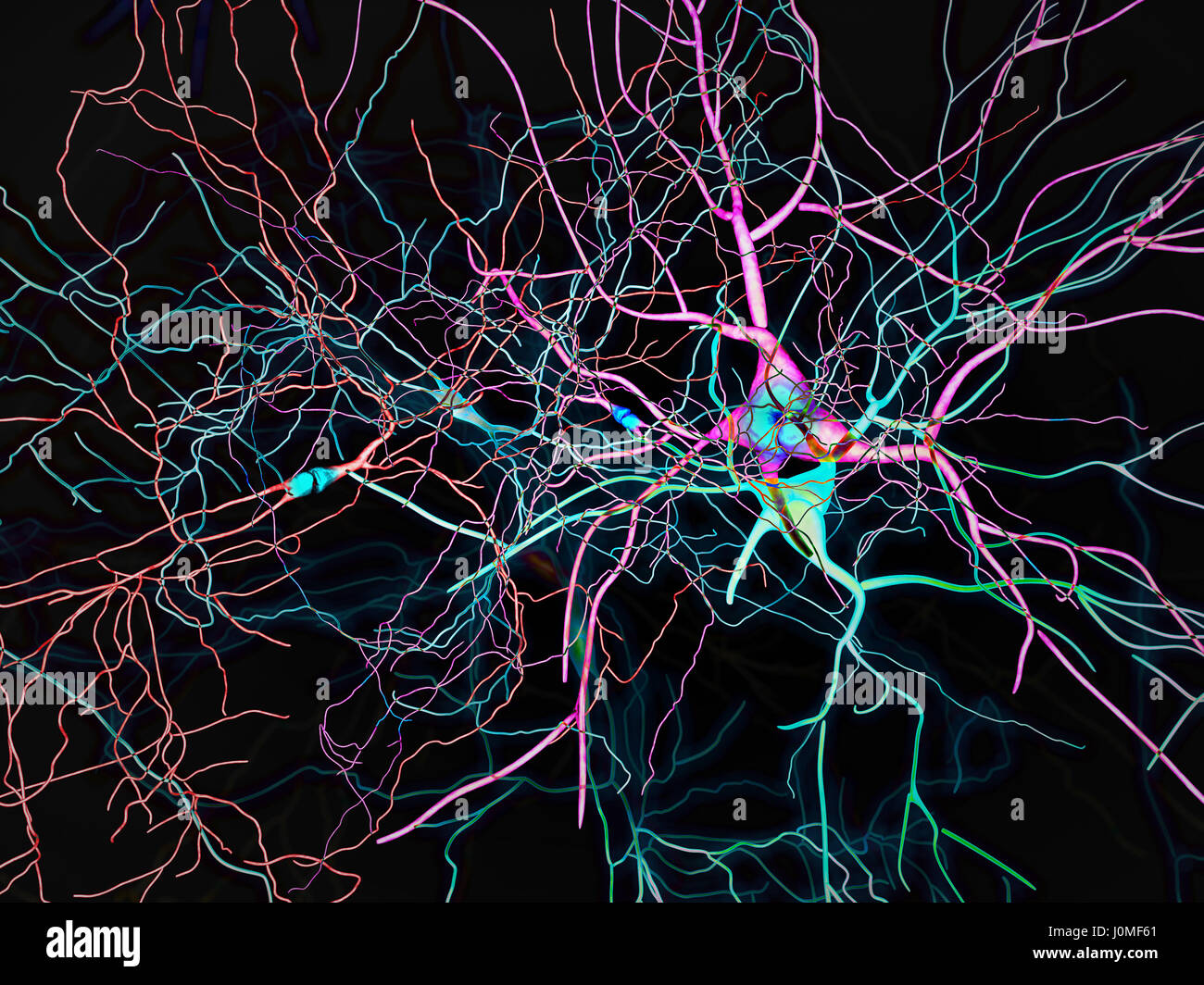
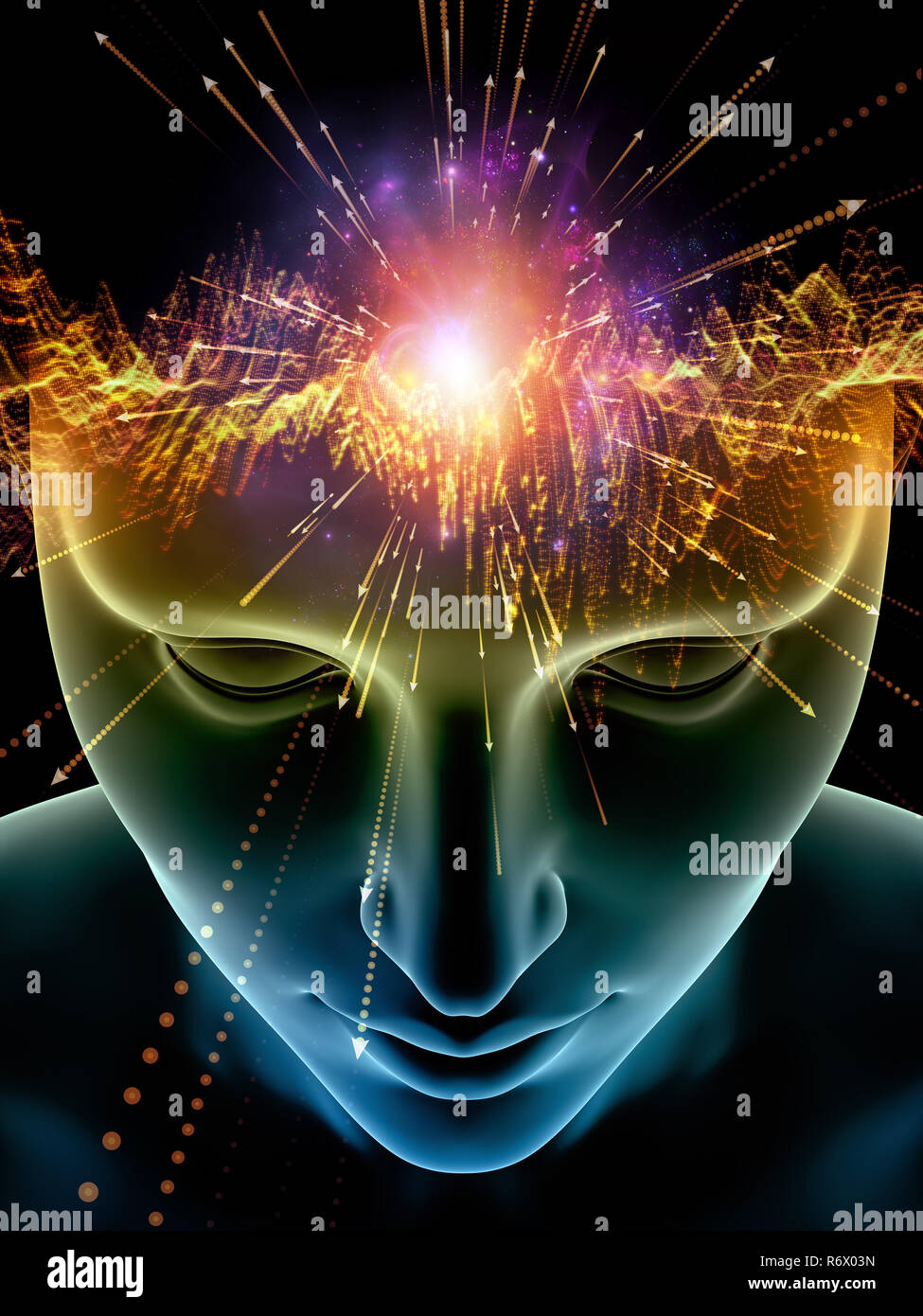
In the end, our unified self mirrors the intricate design of God’s creation, where science can only partially explain the mastery behind life’s greatest mysteries. In this awareness, we continually seek to bridge both worlds, pursuing truth in its fullest expression.
Focus Keyphrase: The Unity of Consciousness
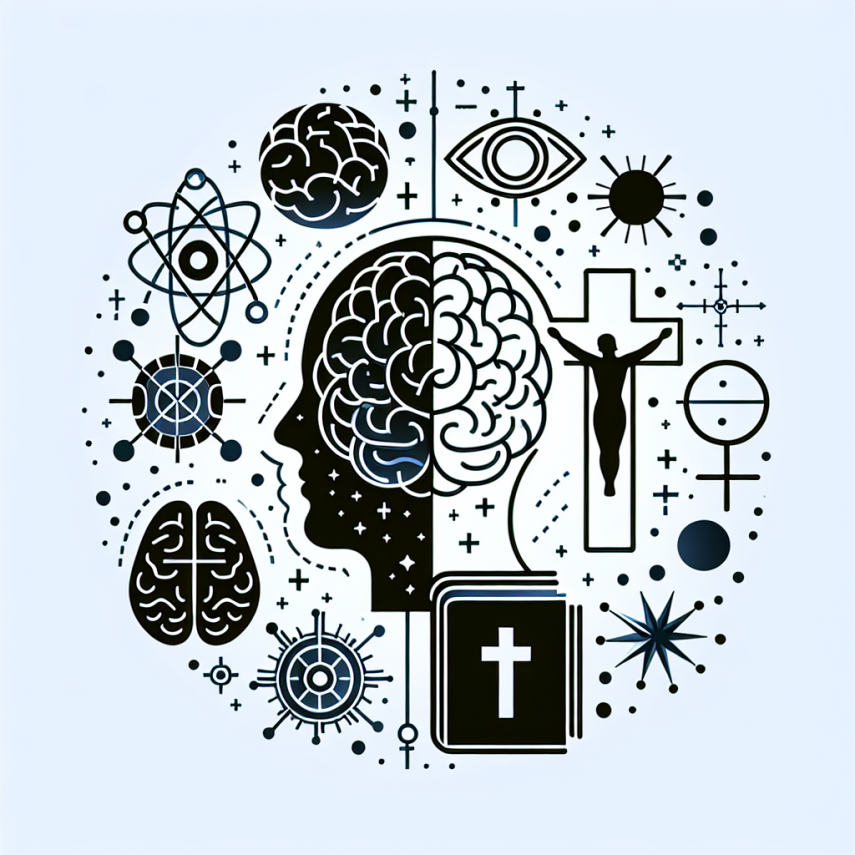

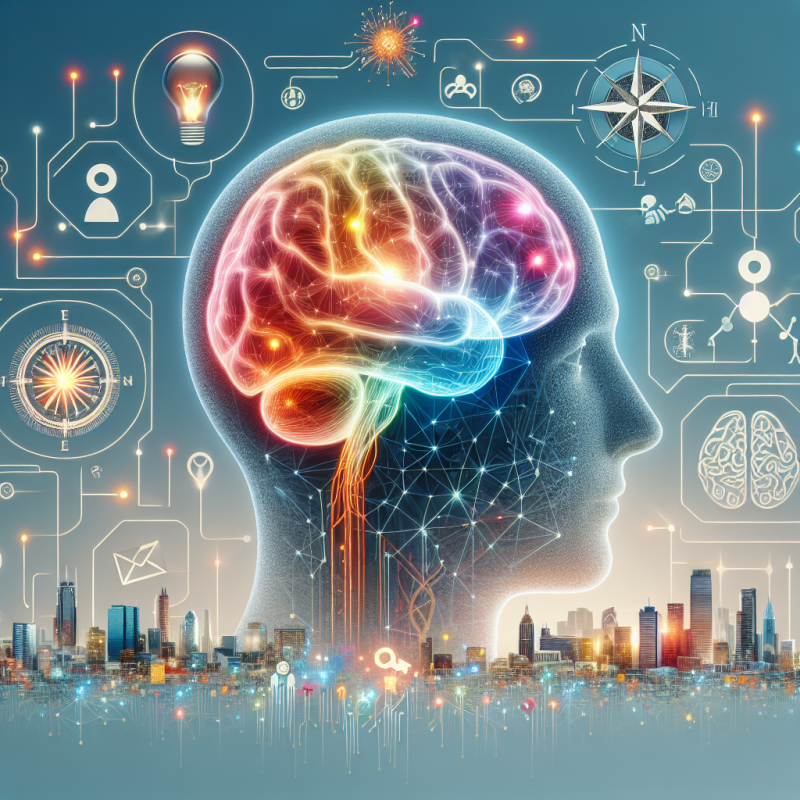
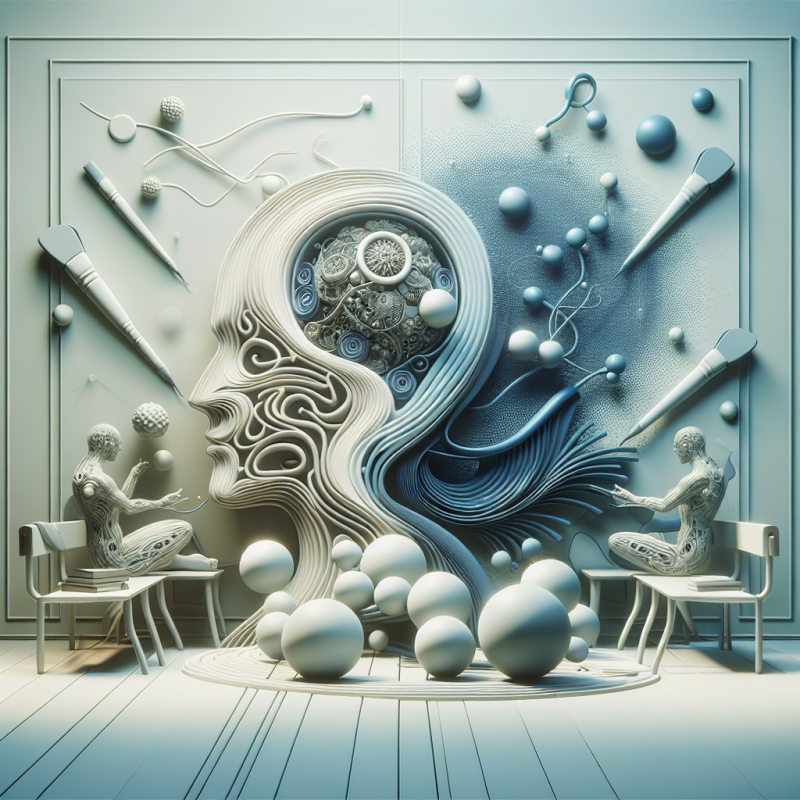
I appreciated this article’s balanced view. As someone who feels fragmented at times, it’s comforting to think God holds us together, even when science can’t fully explain it.
The intersection of science and faith offers a profound way to reflect on the mysteries of human consciousness. Both realms uniquely deepen our understanding of the self.